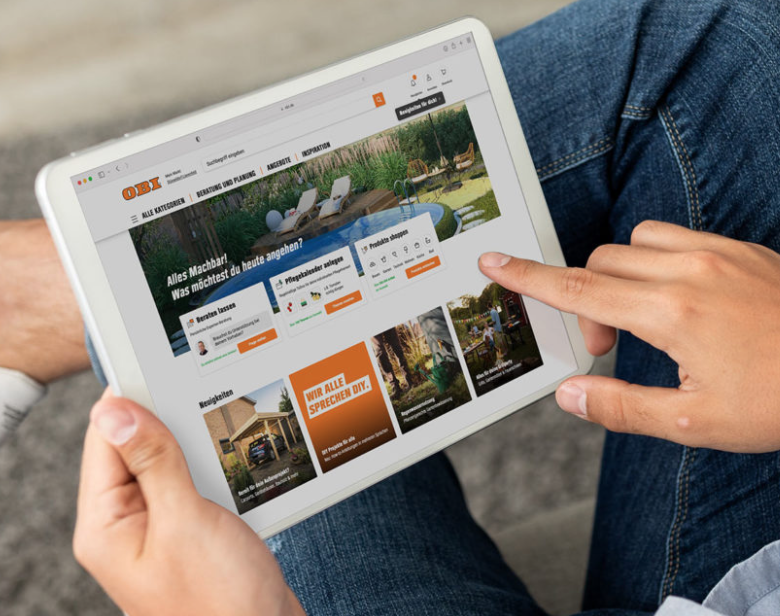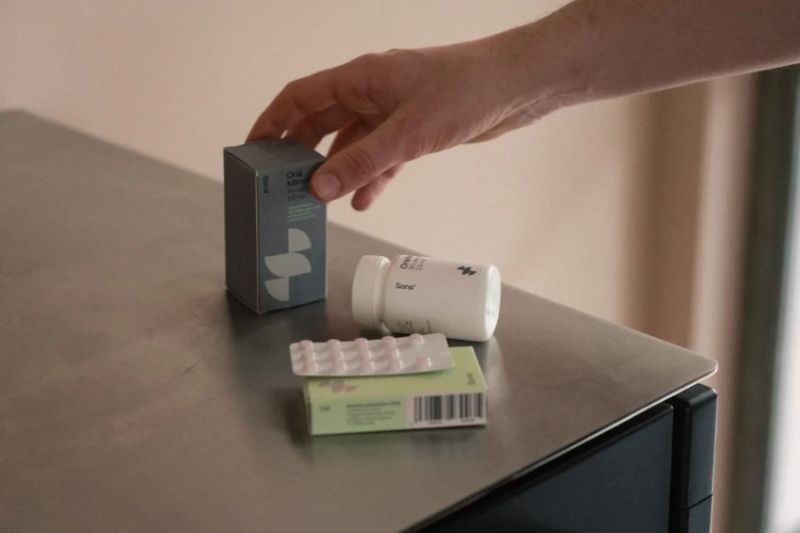EUROPE LEADING THE WORLD
Europe leads the world in mobile shopping with 67% of retail traffic coming from this channel, compared to 59% in the US. But, much of it is driven by young people shopping in stores, finds a study by Bazaarvoice.
The international study, conducted among 2,500 respondents in the US, UK, France, and Germany, finds younger consumers ages 15-24 around the world join older consumers (65+), as those most likely to shop in store and in shopping centres in the run up to this Christmas.
Sophie Light-Wilkinson, VP Marketing EMEA at Bazaarvoice comments: “More and more we’re seeing consumers rely on mobile to verify products they’re considering in-store. With the majority of shoppers around the world (63%) stating they will complete the bulk of their holiday purchases online, digital marketers must interrogate any assumptions they’ve made about the online path to purchase.”
In the UK, almost a third (32%) of consumers claim they will complete ‘the majority of purchases’ in physical shopping centres. In particular, they are more likely than the global average (26%) to pick traditional mass merchants such as John Lewis and Debenhams (30%).
When asked how brands could improve the holiday shopping experience, UK respondents picked improved convenience (61%), such as self-checkout and the option to buy online and pick-up in-store. Faster, more efficient shipping solutions were also chosen by 56% of respondents.
5G TO DRIVE EMERGING TECHNOLOGIES
The intrinsic capacity of the fifth-generation cellular technology – or 5G to the its friends – to connect the internet’s end systems with enhanced data flows and faster response times will unlock the full potential of emerging technologies, according to analysts at GlobalData.
GlobalData’s Disruptor Tech Database reveals how 5G can influence the deployment of emerging technologies, notably Internet of Things (IoT), autonomous vehicles, robotics & drones and virtual reality (VR).
According to Archi Dasgupta, director of disruptive tech at GlobalData: “In addition to the striking speed, which enables data transmission between two end systems almost instantly, 5G’s ability to connect thousands of such devices at once with lower latency, higher reliability and lesser battery consumption lays a strong foundation for the effective adoption of emerging technologies.”
5G can fill the gaps in 4G with virtually instantaneous response times essential for IoT and for robots to process more data in real-time, absorb new things and better communicate with the real world.
The widespread adoption of VR depends on reliable 5G networks as the immersive technology consumes huge data. The VR head-mounted displays currently require a powerful PC to run and store, which means the experiences are confined to a location and requires high power. The edge cloud capabilities of 5G look to have a solution for all these problems.
Dasgupta concludes: “While the commercial adoption of 5G for broader industrial applications is expected to take off in the early 2020s, its mainstream adoption could take longer due to several hurdles – the most crucial being cost. As the technology uses a totally different wavelength and needs much higher bandwidth compared to 4G and 3G, it requires network operators to replace the entire existing infrastructure. However, 5G adoptions will increase gradually and complement the effective implementation of emerging technologies.”
CONNECTING SHOPPERS & RETAILERS ON MESSENGER
Facebook is looking to connect the 40 million active businesses on its site directly with consumers using Messenger, as it phases out the discover tab. It is hoping that this will help it boost commerce on the site.
“We want to make it more seamless for people to reach out to businesses on Messenger in places where they’re already looking to connect,” explains Facebook in its blog, of its decision to kill off the Discover feature. “We will put more investment into tools to connect people and businesses — including updates to m.me links, web plugins, various entry points across our family of apps, as well as ad products — that lead to Messenger”.
Among the services available to businesses will be lead generation tools, appointment making tools and offer access to customer service chatbots, the company announced earlier this year at its F8 developer conference.
The lead-generation tool will come as a Messenger template within Facebook Ads Manager. This allows businesses to create experiences that can also help qualify leads in Messenger and then continue conversations in the app or integrate with existing CRM tools to track the leads further.
Appointment booking, meanwhile, is only now launching into beta with select developers and businesses. The big draw here is that it could see Messenger conversations turned into in-store traffic, as well as online and phone appointments. The feature will be launched globally to all developers later in the year.




